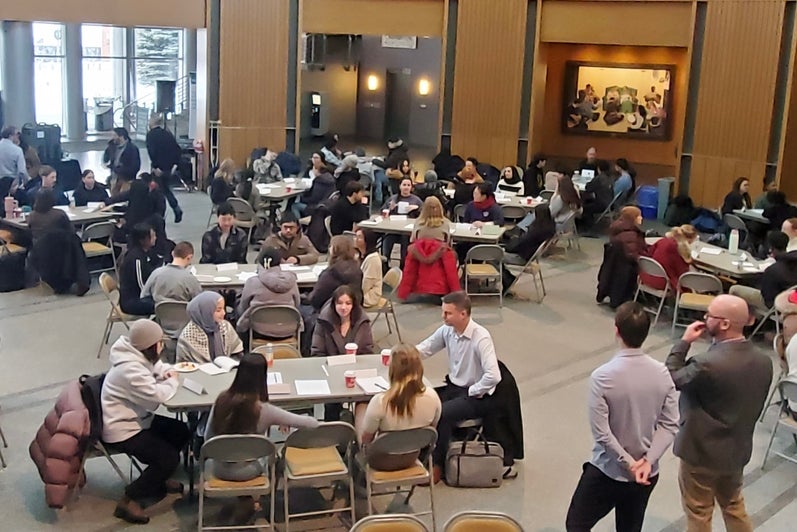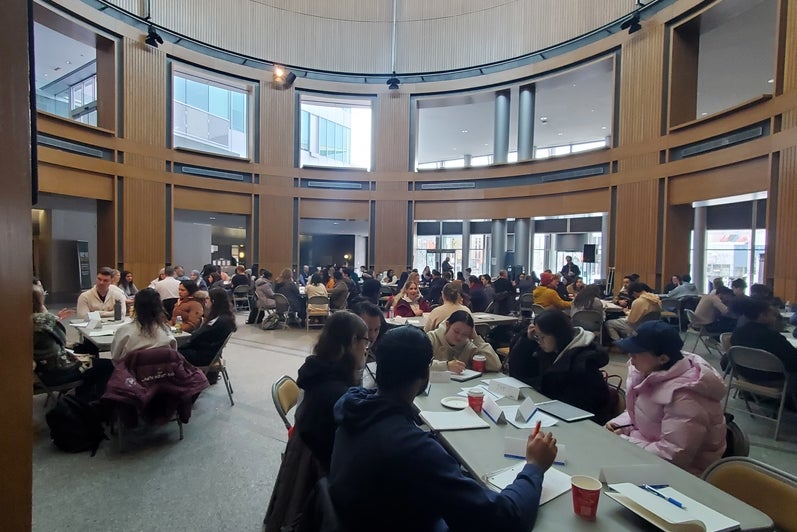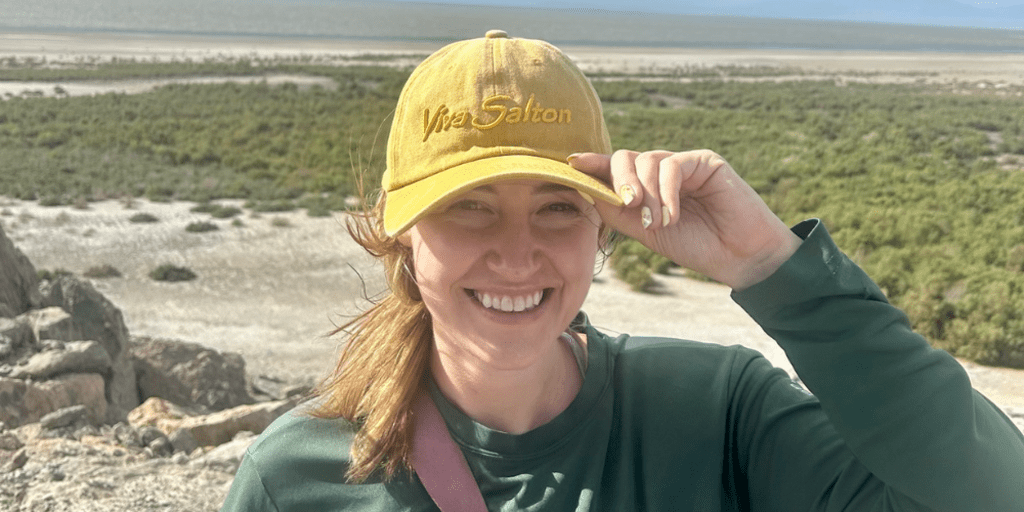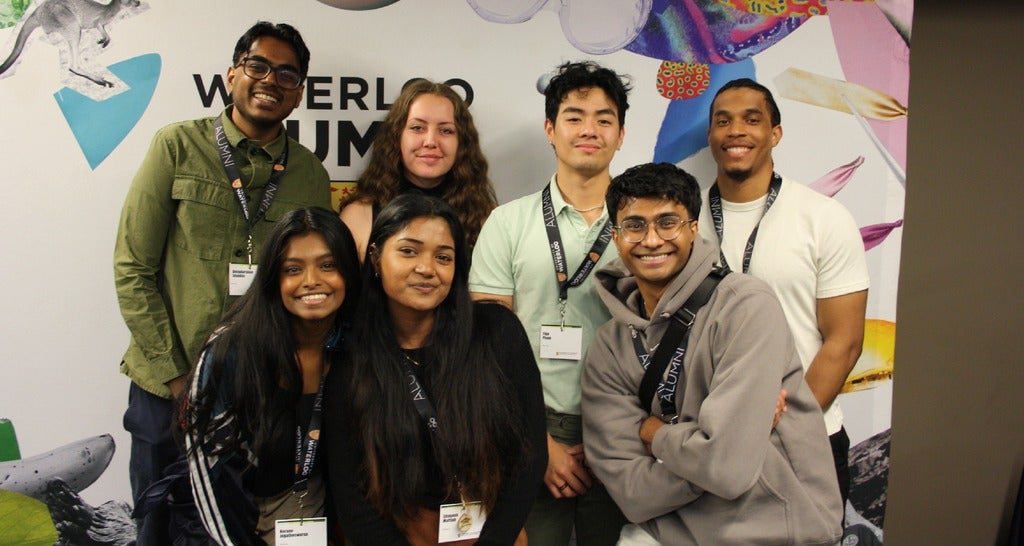
Students brainstorming ideas.
Estimated reading time: 1 minute and 33 seconds | By: Esha Biju
At the Community Wealth Lab’s third and final convening for the term, Environment students presented solutions to local systemic issues affecting the Region of Waterloo. From housing affordability to accessibility, transportation and food security, there were some transformative ideas presented by Environment students taking ENBUS 314: Sustainable Business Models and PLAN 432: Health, Environment and Planning.
Community Wealth Building is an economic development model that identifies challenges and raises questions on how to transform local communities. It seeks to address both wealth inequalities and power inequalities in our communities. Students used this framework as the starting point for their ideas.
Environment and Business students, Ruth, Zaina, Preep, Matt, and Jade, presented an idea to address food insecurity. They were inspired by the University of British Columbia’s weekly one-free meal program for students and proposed that our community could do the same and it would positively influence students’ academic performance and overall well-being.
“Local farmers have a strong presence in the Kitchener-Waterloo region,” the team shared. “Accessing the St. Jacob’s market will improve diet and prevent chronic diseases.”
Another group put forward a solution to the student rental housing crisis and shortage of units in Waterloo. They drew on another idea the University of British Columbia introduced in 2019 called Nano Suites. The suites include a kitchen, private bathroom, and closet built in a miniature space. This provides a way to implement affordable student housing via a sustainability lens.
When tackling transportation concerns, students conducted a system analysis to assess the economic, social, and environmental factors related to gas-powered buses, electric scooters, and bikes. Students proposed that expanding the use of these modes of transpiration would improve sustainability and help connect the community with other municipalities within Ontario.
“The Grand River Transit system lacks infrastructure and subsidies work against promoting efficiency. However, the ION is a step in the right direction as it’s an affordable rapid transit system stimulating dense urban growth” they highlighted.
This discussion hosted over 100 students and community members at Kitchener City Hall and was moderated by Dr. Sean Geobey, professor in the School of Environment, Enterprise and Development and director of the Waterloo Institute for Complexity and Innovation (WICI) and Waterloo Institute for Social Innovation and Resilience (WISIR).
The Community Wealth Lab focused on integrating innovative hands-on opportunities into ENBUS 414 and PLAN 432 to inspire students to tackle emerging issues through collaborative decision-making and action.





